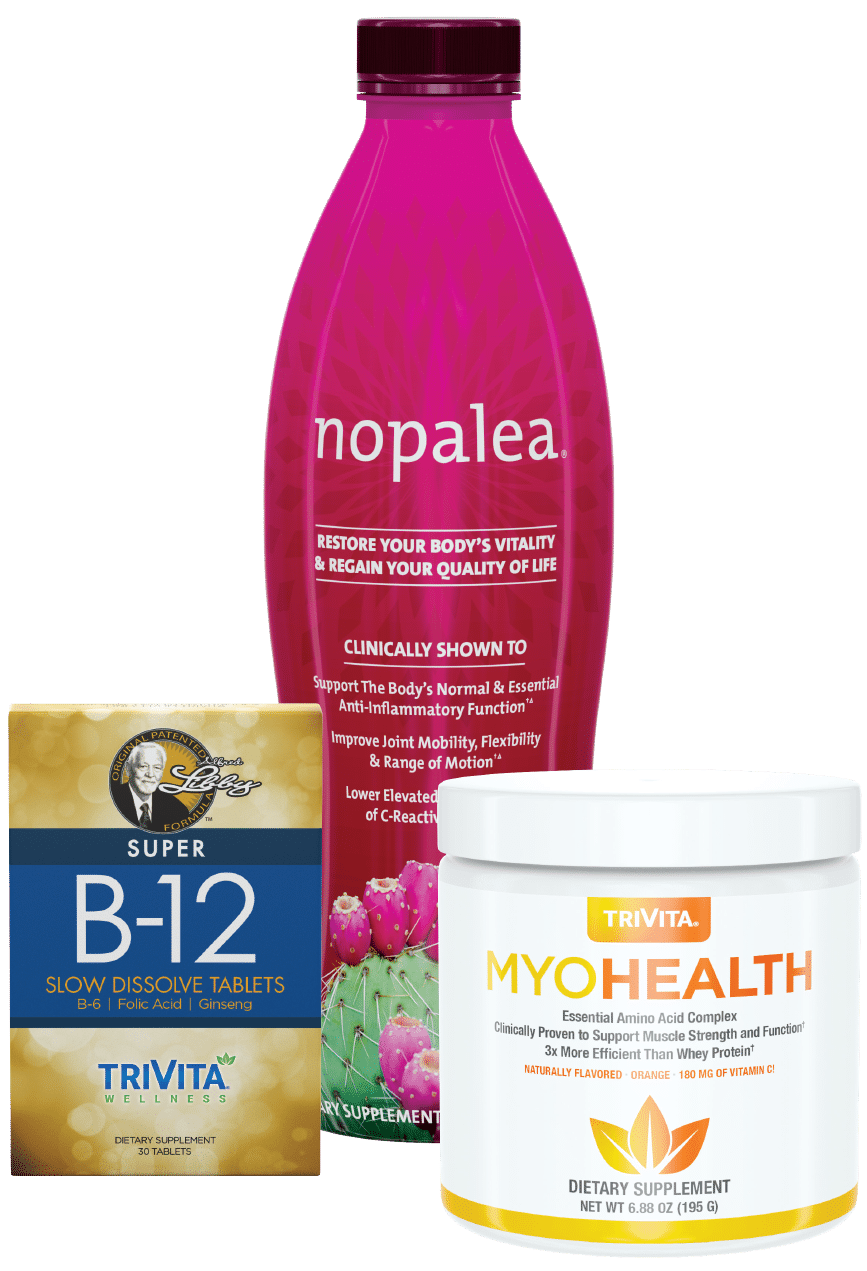
The Good and The Bad About Microorganisms
Due to modern advances in technology, medicine and medical care, we can now identify, test and provide treatments for potentially harmful bacterial microorganisms such as viruses, bacteria and influenza. While these advancements in science are successful, the immune system is still the first defense for your body against any harmful substances. The innate (what you are born with) immune system and adaptive (ability to learn and adapt) immune system work together to fight against harmful microorganisms to keep your body healthy.
Even with modern advancements, being exposed to harmful microorganisms is inevitable. Don’t worry as exposure to harmful bacteria with a healthy immune system can be good for you and protect you. While no one wants to develop a fever, a cough, or any other symptom, these symptoms are helping you to recover because your adaptive immune system is learning how to defend and overcome the harmful microorganisms.
That being said, not all microorganisms are bad. There are more microorganisms than cells in the human body as the human body has trillions of microorganisms. In fact, these microorganisms outnumber human cells 10 to 1. The majority of bacterial microorganisms live in the human gut and are called microbiota. Think of your digestive system as the vast milky way with more than 100 trillion good and bad bacteria. Thanks to the immune system, about 1 percent of bacteria in the human body are harmful. Good bacteria help digest food, eliminates disease-causing cells, and make vitamins needed for health. Don’t wait for the next flu bug to propel you to make simple lifestyle changes that can boost your immunity.
Nature’s FARMacy
Seeking ways to maintain and improve overall immunity is the best way to mitigate against the effects of not only harmful microorganisms, but other chronic illnesses. Nature provides plenty of immunity boosters that can be found in foods we consume.

Vitamin C is a wonderful immune-boosting vitamin as it has been shown to protect against free radical damage caused by oxidative stress[1]. Free radicals damage cells such as proteins, DNA, and cell membranes. Harmful bacteria thrive in an environment full of reactive oxygen species (ROS) that cause damage to human cells. Vitamin C is known to be a ROS scavenger reducing oxidative damage. Vitamin C also enhances apoptosis, which is cell death through a programmed sequence eliminating old, damaged, excess, and otherwise unhealthy cells without releasing harmful substances to surrounding tissue.
It’s important to consume food sources rich in vitamin C. Many people think of oranges when they think of vitamin C, however an orange only contains about 69.7 milligrams of vitamin C. To put this into perspective, one papaya contains approximately 187.9 mg, 1 cup of broccoli contains 123.4 mg and 1 cup of bell pepper contains 174.8 mg. The adult recommended daily amount of vitamin C is 60-90 mg per day. While the recommended daily allowance may help prevent scurvy, the optimal daily allowance is 2,000 mg and up. Vitamin C is a water-soluble vitamin, meaning the body doesn’t store it and eliminates excess amounts, which is why consuming the recommended daily amount is vital. Higher doses of vitamin C are considered safe, but too much can lead to diarrhea.
Zinc deficiencies have been linked to immune dysfunctions in humans. Zinc functions as an antioxidant and has been shown to stabilize cell membranes. This immune-boosting mineral has been shown to prevent free radical damage during inflammatory processes. Zinc also boosts T-cells which play a major role in the adaptive immune system response by killing infected cells and activating immune cells, which regulates the immune response.

Foods rich in zinc include calf’s liver, beef, and lamb. There is 10.8 mg of zinc in 4 ounces of calf liver, 6.3 mg in 4 ounces of beef, and 4.6 mg in 4 ounces of lamb. Plant-based foods rich in zinc include a ½ cup of green peas with 1.9 mg, ¼ cup of pumpkin seeds with 2.6 mg, and ¼ cup of sesame seeds with 2.8 mg.
Out of 30 different types of elderberry, the European type known as Sambucus nigra is used the most to stimulate the immune response. Elderberry has been used as a natural remedy for centuries for the common cold, flu, fever, skin eruptions, and other common ailments. The father of medicine, Hippocrates, called elderberry his medicine chest. In herbal medicine, elderberry is considered one of the most widely used healing plants. While science is still trying to understand the benefits of elderberry, one clinical study found supplementation with elderberry substantially reduced upper respiratory symptoms.
The last tip is to eat a colorful diet. Phytonutrients are what give color to fruits and vegetables and it’s important to eat a wide range of colors, especially dark-colored fruits and vegetables. Examples include dark green leafy vegetables like kale, spinach, broccoli, and swiss chard, as well as other vegetables and fruits like tomatoes, carrots, peppers, mangoes, and berries. One that doesn’t get as much attention is the prickly pear. Found in the Sonoran Desert, the prickly pear is known for its anti-inflammatory and anti-viral properties due to its high concentrations of fiber, antioxidants, and carotenoids.
Other Proactive Immune Boosting Opportunities
- Wash your hands with soap and water regularly. Do not touch your mouth and eyes unless you have clean hands. Use disinfecting wipes in public places, work stations, automobiles, food handling areas, bathrooms, and items such as remotes, phones, and other electronic devices.
- Consider using near-infrared light to assist in reducing inflammation.
- Get an air purification system with a HEPA filter and change your home air conditioning filters regularly.
- Ask your doctor about getting micro-nutrient testing to determine if you are deficient in immune-boosting vitamins, minerals, amino acids, and antioxidants. If you are deficient, work with your doctor to help you dose-specific supplements.
- When you or someone you know is not feeling well, take care to not spread what you have to others. Stay home and stay safe.
- Before traveling, consider talking to your doctor about specific vaccinations and what you can do to reduce your exposure to harmful pathogens.
- Take TriVita Clinic’s Inflammation Assessment to identify your risks of a compromised immune system.
References
1. Hawkins J, Baker C, Cherry L, Dunne E. Black elderberry (Sambucus nigra) supplementation effectively treats upper respiratory symptoms: A meta-analysis of randomized, controlled clinical trials. Complement Ther Med. 2019;42:361-365. doi:10.1016/j.ctim.2018.12.004











